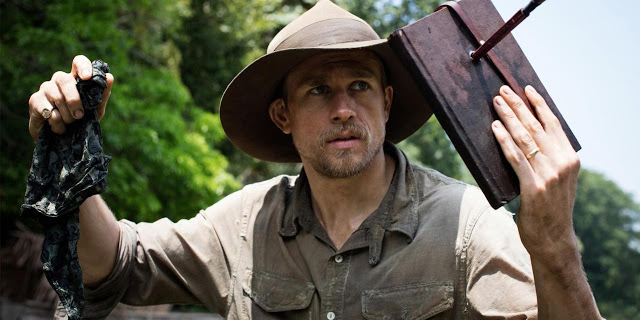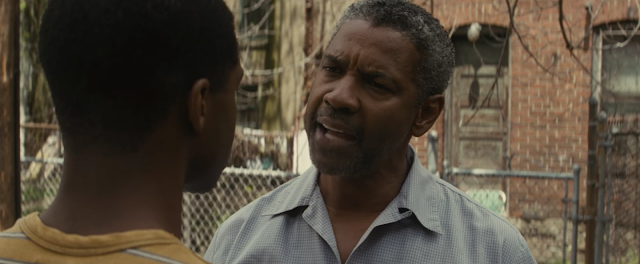The Lost City of Z: Unwelcome to the Jungle, But Pressing On
The soldier finds the mission underwhelming. Sure, he once trained with the Royal Geographical Society, but that was ages ago, and he barely remembers his studies. Why should he be the one tasked with mapping the border between Brazil and Bolivia? He’s a warrior, not a surveyor. Yet by the end of The Lost City of Z—the grand and grave historical epic from James Gray—the soldier’s reluctance has transformed into obsession. This touching, tragic film chronicles its hero’s gradual descent into something like madness, even as it acknowledges the nobility of his pursuit and the dignity of his character.
For all of the death and misery that it uncovers, The Lost City of Z is not exactly a downer. Gray, once known for his gritty thrillers, has of late developed an odd and interesting talent: He can make human suffering seem strangely beguiling. His Two Lovers put Joaquin Phoenix through the emotional wringer, but it also recognized the thrill of newfound romantic attraction. And while The Immigrant essayed the challenges facing Marion Cotillard’s woebegone traveler with unflinching directness, Gray’s lustrous craft shaded her predicament with tenderness and hope. Now with The Lost City of Z, he examines the ecstasy and the agony of mania—the fanatical need to prove yourself, no matter the mortal cost. Read More





